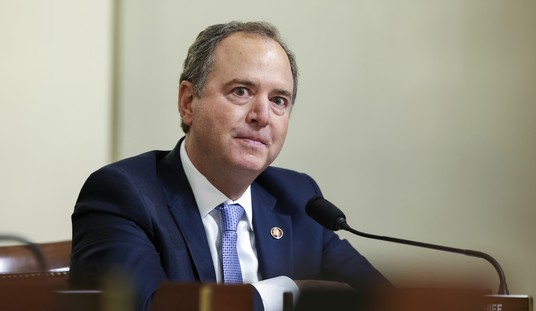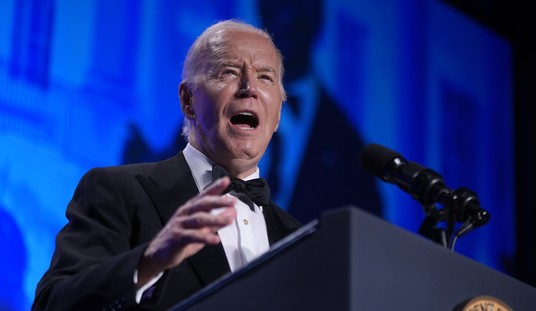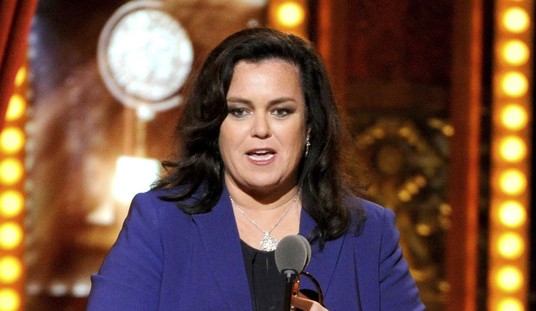The American people bought the media's storyline that from the Bush era's sunset would dawn the Obama age of bipartisan pragmatism and competence. Yet today, American politics is uglier than ever.

The AIG bonus debacle is the latest stomach-turning episode. The political class's bungling of the bailouts has made the scandal not just who knew what when, but who should have known what when, rushing through trillion-dollar spending bills that elected officials—much less the public—hadn't even skimmed. More grotesque than taxpayers funding unseemly bonus packages has been Congress's pitchforked attempt to make up for that misstep. Punitive, 90 percent, retroactive taxes on bonuses are only the beginning of the policy fallout of this political scandal.
Americans gleefully watching the mob attack on AIG executives may soon pay for their schadenfreude. Congress may be coming after you next.
AIG bonuses were the initial target, but lawmakers quickly expanded their sites to any bank that received federal bailout money. Now, the administration is preparing more sweeping reforms of financial sector oversight, which will include limits on executive pay. While the details have not yet been revealed, the New York Times reports that regulations could create pay limits based on company performance and discourage “outsized” bonuses. Financial services companies (including those that haven't received federal bailout funds) will be subject to the new rules, but the administration may not stop there: all publicly traded companies may face new restrictions.
Recommended
Perhaps you still feel as though you'd never be affected by this kind of government intervention. Yet no one should feel safe. The administration and Congress have already flirted with legislation with the potential to vastly expand the federal role in dictating compensation packages across the economy.
The Paycheck Fairness Act, which passed the House of Representative last year, is one example of how Uncle Sam may soon be at the negotiating table between you and your potential employer. This bill's stated purpose is to root out the so-called “wage gap,” or the differences in wages earned by male and female workers. Never mind that analysis regularly shows that the primary reason that men and women, on average, earn different amounts is because they make very different choices about what kind of, and how much, work to take on. Time and again it's been shown that the claim that women make 77 cents for every man's dollar isn't really comparing apples-to-apples and is a grossly misleading. That doesn't matter to the bill's proponents: They see the employment market as inherently unfair, and believe some jobs pay more because of misplaced priorities and sexism. It's a problem that government can, and should, fix.
The Paycheck Fairness Act would take a first step toward addressing this inequity by tasking the Department of Labor with issuing “guidelines” to give employers a sense of what is considered “fair” pay for different positions. The guidelines wouldn't be mandates (yet) but would be a powerful force for companies that want to stay in government's good graces and avoid potential litigation. Those companies would also have more reason to fear lawsuits since the bill would make employers liable for unintentional, as well as intentional, discrimination, and removes caps on compensatory and punitive damages. Employers would no longer be able to defend differences in pay as based on factors other than sex, such as experience and performance, leaving courts to determine what constitutes a legitimate pay structure.
Given lawmakers' poor handling of recent forays into business management, the public ought to be skeptical about granting government this kind of power. Inevitably politics would affect the perceived value of a given job, with the politically organized and powerful professions trumping those with less clout. The result would be a less flexible job market, shortages in some sectors, oversupply in others, and a less dynamic economy.
Of course, the Paycheck Fairness Act was written before this financial crisis. Now the government has new ways of justifying intervention that goes much further. After all, wouldn't it be an outrage to learn that a company receiving taxpayer money pays male executives more than females (and who really cares about differences in job responsibilities that justify those differences)? And why should taxpayers' interests extend only to bailout money? We should be concerned about the entire stimulus bill—even our entire bloated federal budget. Policymakers can easily make a case that it's their job to ensure that all taxpayer money is being used efficiently and, most important, fairly in just about every sector and every American company.
Sound unAmerican? Of course it does...or at least it did. Yet today's expanding federal government is quickly changing ideas about the proper role of government so that no one is safe from this kind of government meddling.

























Join the conversation as a VIP Member